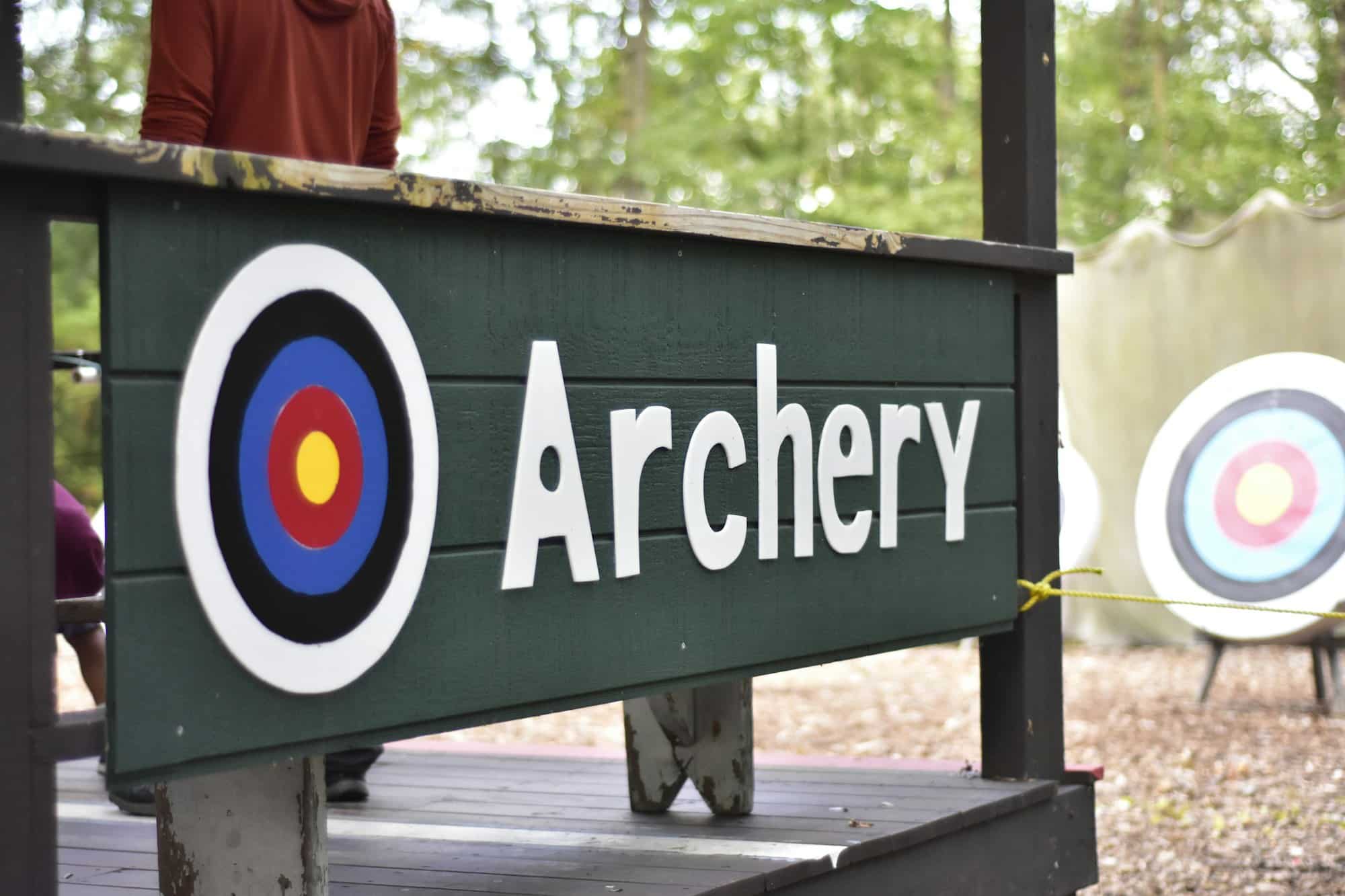How Does Participation in Precision Sports Like Archery Affect Concentration and Stress?

In the world of sports, the blend of physical prowess and mental agility often sets apart the successful athletes from the rest. This balance is particularly evident in precision sports like archery, where a steady hand and a sharp mind are quintessential. But what are the underlying effects of participating in such sports on aspects like concentration and stress? Can the demands of such sports actually improve cognitive performance off the field? Let’s delve deeper.
The Intersection of Cognitive Performance and Precision Sports
The interplay between cognitive performance and sports is a fascinating area of study. Research studies indexed on Google Scholar and Crossref have started turning their attention to understanding the effects of precision sports like archery on cognitive performance, and the findings are intriguing.
A lire aussi : How Can Cognitive Stimulation Activities Delay the Progression of Mild Cognitive Impairment?
Archery, a precision sport that dates back to ancient times, requires not just physical strength, but extreme mindfulness and concentration. Archers must learn to handle their equipment with precision, focus on their target, and manage their breathing – all under immense pressure and often under the scrutiny of an audience. Therefore, the sport can be considered not just a physical but a psychological test.
Research has started to indicate that the training and discipline required for precision sports like archery can indeed have positive effects on cognitive performance. One study found that archers performed better on attention-based tasks compared to non-athletes, suggesting that their training might have enhanced their cognitive abilities.
Lire également : What Are the Latest Advances in Immunotherapy for Type 1 Diabetes?
The Role of Neurofeedback in Training Precision Athletes
Neurofeedback (NFT), a type of biofeedback that uses real-time displays of brain activity, is increasingly being utilized in the training of precision athletes. The goal is to promote self-regulation of brain functions, which could enhance performance.
In a sport like archery, maintaining focus and concentration is paramount. NFT can potentially help here by allowing athletes to understand their brain activity and learn to control it better. For example, it can help them understand what their brain activity looks like when they’re in the ‘zone’ and then train to get into that state more consistently.
But the benefits of NFT extend beyond the field. Studies have shown that NFT can also lead to improvements in attention and concentration in everyday life. It can even help reduce symptoms of attention deficit disorders. Therefore, engaging in precision sports and undergoing NFT training can have far-reaching cognitive benefits.
The Effects of Precision Sports on Psychological Stress and Anxiety
Besides cognitive performance, an interesting area to explore is the relationship between participation in precision sports and psychological stress and anxiety levels. The high pressure and intense focus required in these sports might suggest that athletes would experience higher stress levels.
However, research paints a different picture. One study found that archers showed lower levels of anxiety compared to non-athletes. This could be due to the intense focus required in archery, which may act as a form of mindfulness, helping to reduce anxiety.
Furthermore, archery requires a unique blend of concentration and relaxation. The archer must focus intently on the target, yet remain relaxed enough to execute the shot smoothly. This balance could potentially act as a form of stress management, helping archers cope better with stress both on and off the field.
Can Precision Sports Training Enhance Scholar Performance?
Given the apparent cognitive and psychological benefits of archery and other precision sports, it begs the question: can such training enhance scholar performance?
Research in this area is still nascent, but preliminary findings are promising. One study found that student-athletes who participated in sports requiring high levels of concentration and precision, like archery, performed better acadically compared to their non-athlete counterparts.
The discipline, focus, and stress management skills honed on the field could potentially transfer to the academic setting, helping student-athletes perform better in their studies. In addition, the physical activity involved in these sports could also have positive effects on brain health, further enhancing cognitive performance.
While more research is undoubtedly needed, these findings suggest that participation in precision sports could be a valuable tool in promoting cognitive enhancement and stress management, not just for athletes, but for scholars and the general population as well.
The Impact of Mindfulness-Based Practices in Precision Sports
Mindfulness-based practices are essential components of training in precision sports like archery. This involves paying attention in a specific way – on purpose and in the present moment. As archery athletes must maintain intense focus on the target while managing their breathing and movements, mindfulness becomes integral to their athletic performance.
Findings from various research studies indexed on platforms like Google Scholar suggest that mindfulness training could enhance cognitive functions, particularly in attention and emotion regulation. A study involving archery athletes showed that those who undertook mindfulness-based training displayed improved attention control and reduced anxiety compared to those who did not. The full text of this study also mentioned that the training involved both formal mindfulness exercises and integration of mindfulness principles into archery performance.
In another study, the introduction of a mindfulness-based peak performance (MBPP) program in sports training showed significant improvements in the athletes’ cognitive functions. The pre-test and post-test scores of the participants demonstrated an enhanced capability to stay focused and manage emotions under pressure.
There’s also evidence to suggest that mindfulness training can help in emotion regulation. This ability to manage one’s emotional state is crucial in precision sports, where athletes need to maintain calmness and composure under high-stress situations. As such, mindfulness training can lead to improved sports performance by enhancing athletes’ ability to regulate their emotions effectively.
The Potential Influence of Precision Sports on Cognitive Development and Stress
The intersection of precision sports, cognitive development, and stress management is a promising area of research. Initial studies found positive correlations between participation in precision sports and improvements in cognitive performance and stress reduction.
For instance, an experiment involving a Stroop task, a psychological test of mental vitality and flexibility, noted that archery athletes demonstrated faster reaction times and fewer errors compared to non-athletes. This suggests that their athleticism, cultivated through consistent training, could potentially have enhanced their cognitive abilities.
In addition, a study indexed on Google Scholar and Crossref suggested that neurofeedback training – a biofeedback method aimed at helping an individual regulate their brain functions – could reduce stress levels in athletes. The pre-test and post-test results showed that after the neurofeedback training, athletes were able to manage stress more effectively during their sport performance.
Taken together, these results indicate that engaging in precision sports like archery could potentially lead to cognitive enhancements and better stress management. They suggest that the intense focus and mental discipline required in these sports could serve as effective cognitive training, improving attention control, and emotion regulation.
To conclude, engaging in precision sports such as archery can offer a host of benefits beyond the physical. From enhancing cognitive functions to aiding in emotion regulation and stress management, the impacts are far-reaching. While more research is needed to fully understand the depth of these effects, existing studies suggest that precision sports can be a valuable tool for cognitive and psychological development. Thus, it’s not just about hitting the bullseye; it’s also about hitting the mark in mental health and cognitive performance.
